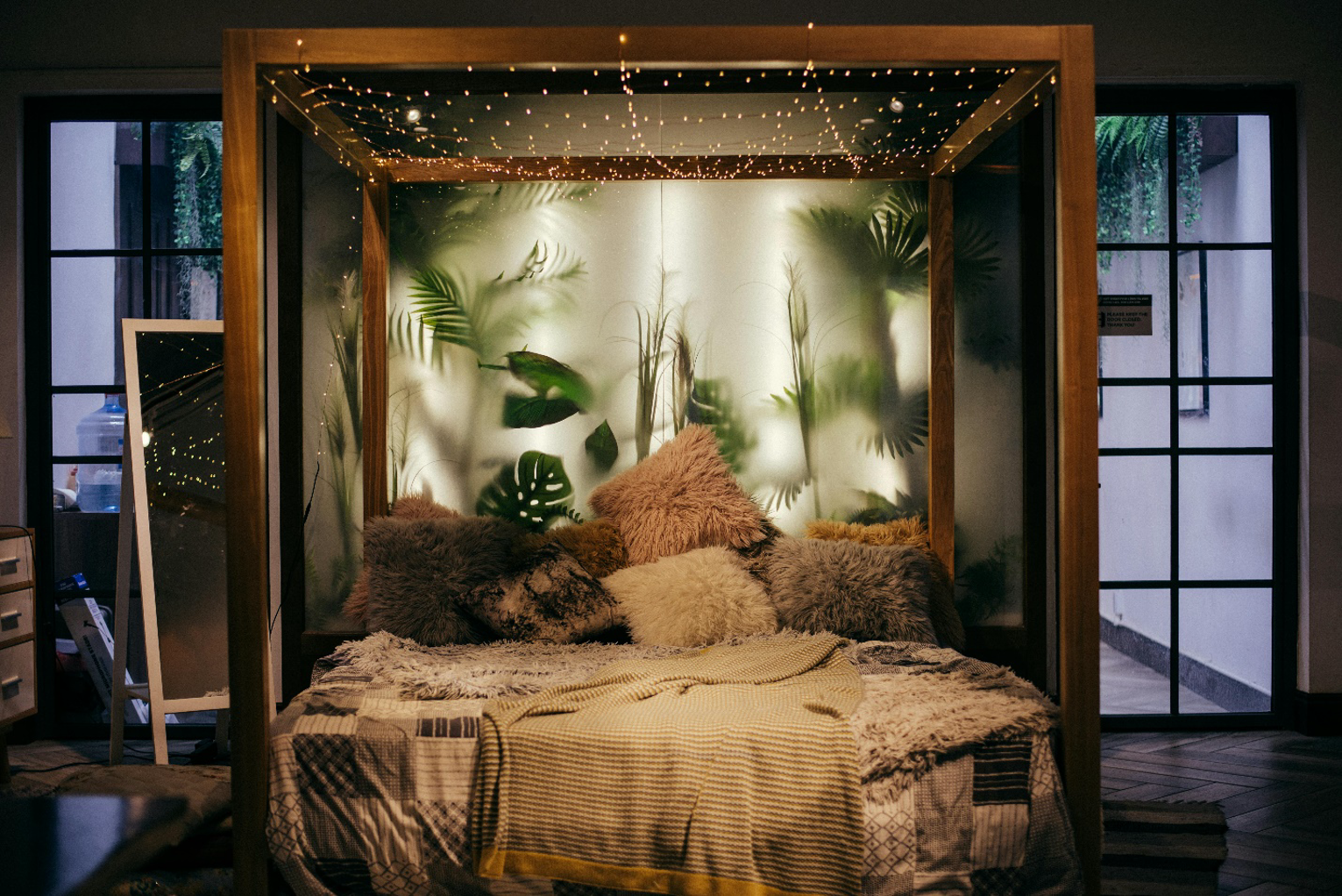
Does your bedroom feel like the restful retreat you deserve? If you’re like many people, it might not. In a bustling city like Philadelphia, where life can get busy and schedules packed, having a serene bedroom to unwind is essential. The historic charm and lively neighborhoods of Philadelphia make it a great place to live, but the daily hustle can leave you craving a calm, cozy space to recharge. Your bedroom should be more than a place to sleep—it should be a sanctuary for relaxation.
Transforming your bedroom doesn’t require a huge investment or extensive renovations. Small changes can make a big difference. In this blog, we will share practical and simple ways to make your bedroom the ultimate relaxation zone.
1. Create a Clutter-Free Environment
A cluttered space makes it harder to relax. Start by removing items that don’t belong in the bedroom. This includes paperwork, laundry, and anything that creates visual chaos. The goal is to make your room feel open and serene.
Invest in smart storage solutions to keep things tidy. Use under-bed storage, shelves, and decorative bins to organize essentials without sacrificing aesthetics. A clutter-free room doesn’t just look better; it makes your mind feel less overwhelmed. You’ll feel a noticeable difference in your ability to unwind when the space is neat.
2. Invest in a Comfortable Mattress and Bedding
One of the most important elements of a relaxing bedroom is a good mattress. It’s where you spend about a third of your life, so quality matters. A comfortable mattress supports restful sleep and reduces aches and pains. If your current one isn’t cutting it, consider exploring a Philadelphia mattress store for options tailored to your needs. Whether you prefer firm, soft, or something in between, the right mattress makes a world of difference.
Pair your mattress with high-quality bedding. Choose breathable fabrics like cotton or bamboo that feel soft against your skin. Comfortable sheets, a cozy comforter, and supportive pillows can elevate your sleep experience. Experiment with layering textures for a luxurious feel, but keep the overall design simple to maintain a calm atmosphere.
3. Optimize Lighting for Relaxation
The lighting in your bedroom plays a significant role in setting the mood. Bright, harsh lighting can make it difficult to relax, while soft, warm light encourages calmness. Swap out overhead lights for dimmable bulbs, or use floor lamps and bedside lamps for softer lighting.
Consider adding string lights or candles for an extra touch of coziness. Natural light is also important. During the day, open curtains or blinds to let sunlight in, as it boosts mood and energy. For nighttime, blackout curtains can help create a pitch-dark environment conducive to sleep.
4. Choose Calming Colors
The colors in your bedroom influence how you feel. Bright and bold hues might be exciting, but they can also overstimulate the mind. Stick to neutral or pastel shades like beige, light gray, or soft blue. These tones create a sense of calm and make the space feel airy and peaceful.
If you want to add some personality, use muted accent colors in your décor. For instance, you can incorporate blush pink or sage green through throw pillows, rugs, or artwork. This keeps the overall atmosphere soothing without feeling bland.
5. Incorporate Natural Elements
Bringing nature into your bedroom can enhance its relaxing vibe. Add a few houseplants to the space. Plants like snake plants, peace lilies, or pothos are low-maintenance and help improve air quality. The greenery adds a touch of life and freshness, which can have a calming effect.
If you’re not into real plants, opt for natural materials in your décor. Furniture made of wood, linen curtains, and woven baskets create a warm, grounded feel. These elements help your bedroom feel more connected to nature, promoting relaxation.
6. Personalize Your Space
Your bedroom should feel like your own private retreat. Add personal touches that bring you joy, like family photos, artwork, or meaningful keepsakes. The goal is to create a space that reflects your personality and makes you feel comfortable.
However, avoid overdecorating. Too many items can make the room feel busy. Choose a few meaningful pieces that resonate with you. A thoughtfully personalized room will feel more inviting and give you a sense of ownership over the space.
7. Focus on Aromatherapy
Scent has a powerful impact on how we feel. Use aromatherapy to enhance your bedroom’s relaxing vibe. Essential oils like lavender, chamomile, and eucalyptus are known for their calming properties. You can diffuse these scents using an essential oil diffuser or choose candles and sprays with similar fragrances.
Be mindful of choosing subtle scents that aren’t overpowering. Too much fragrance can have the opposite effect, making the space feel overwhelming. A light, pleasant aroma creates a soothing environment that encourages relaxation.
8. Maintain a Tech-Free Zone
Technology can interfere with your ability to relax. The blue light from screens disrupts sleep patterns, and notifications keep your mind alert when it should be winding down. Consider making your bedroom a tech-free zone, or at least limit screen time before bed.
Use an analog alarm clock instead of your phone to wake up. Replace late-night scrolling with calming activities like reading a book or journaling. Reducing tech distractions helps your mind associate the bedroom with rest and relaxation.
In conclusion, your bedroom has the potential to become the ultimate relaxation zone. By making intentional changes—like decluttering, upgrading your mattress, or incorporating natural elements—you can transform your space into one that feels calm and inviting. The key is to prioritize comfort, simplicity, and personal touches that make the space your own. Take time to evaluate what works best for you. Small adjustments can have a big impact on your well-being. With these tips, you’ll create a bedroom that truly feels like a sanctuary, helping you unwind and recharge every day.





